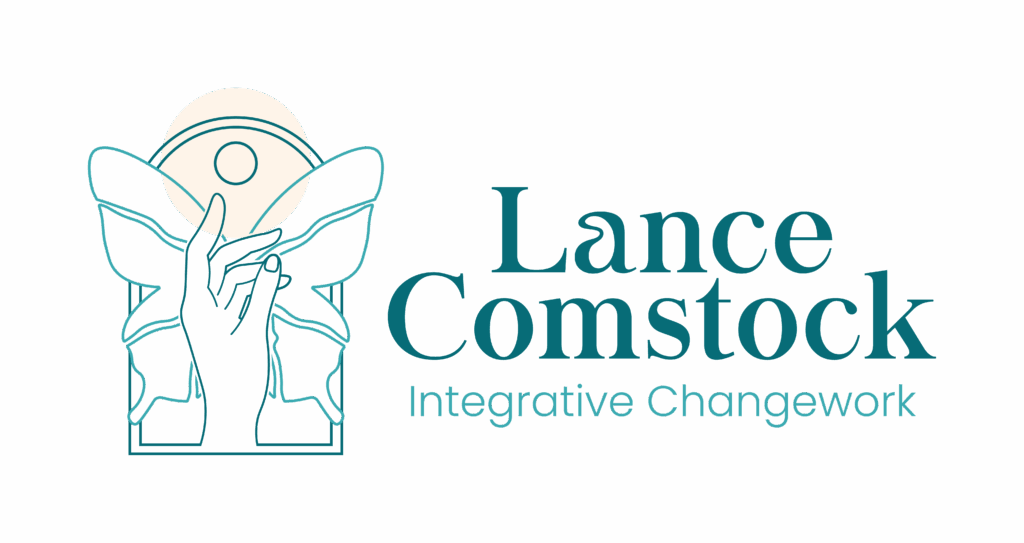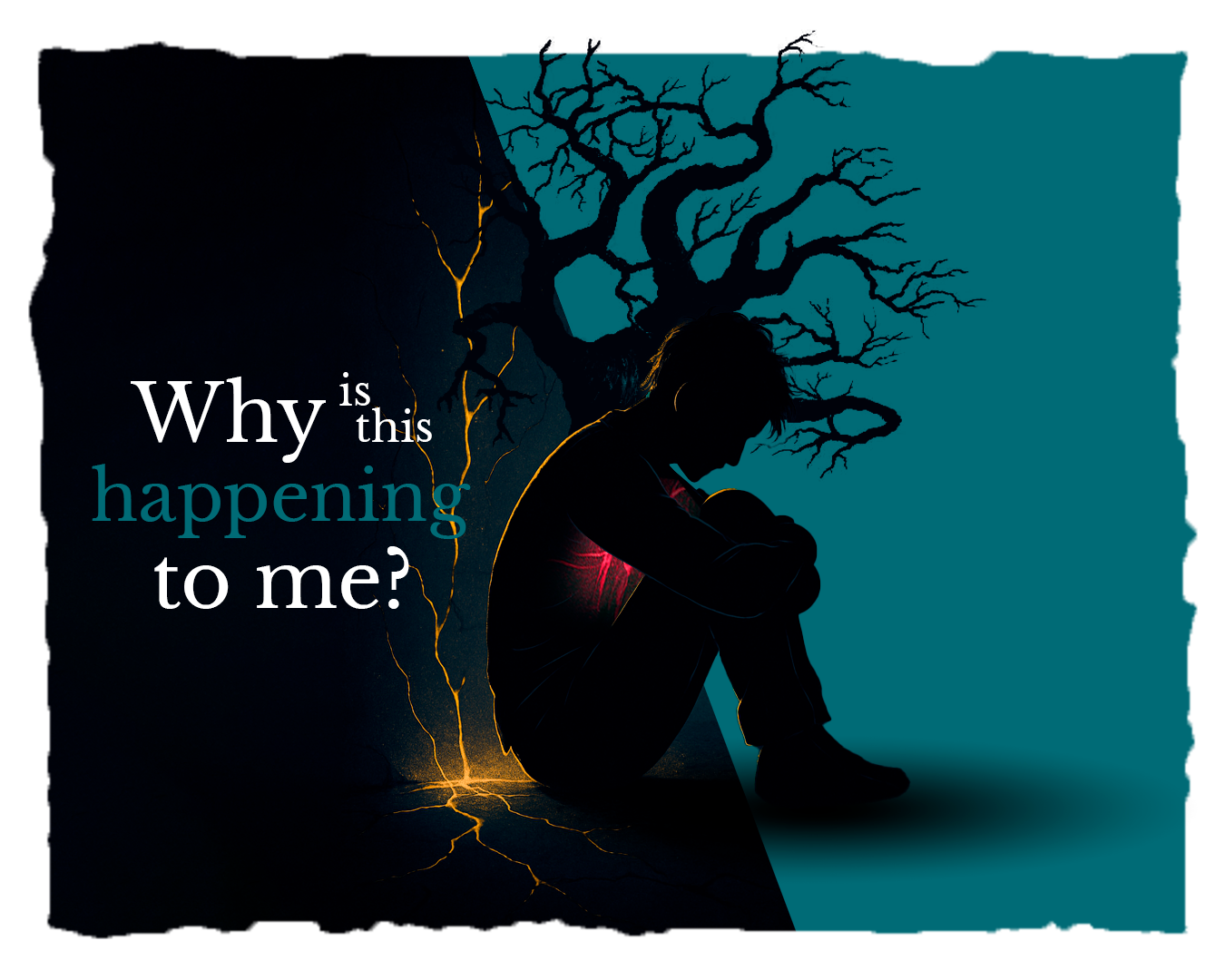Sleep isn’t just rest; it’s our body and brain’s nightly reboot. Sleep recharges us, processing emotions, resetting our mood, and giving our brains a thorough detox. Unlike any other animals, we’re uniquely wired to need 7-8 hours a night to stay at our best. Our brains actually have two “clocks” for sleep:
- The Body Clock – urges us to sleep.
- The Sleep-Wake Clock – reflects our body’s need for sleep.
The Ideal Sleep Cycle
We’re wired to get 7-9 hours of sleep each night, in five cycles lasting 90 minutes each. Each cycle includes:
- Stages 1 and 2 – Light sleep (50-55%)
- Stages 3 and 4 – Deep sleep (20%)
- REM Sleep – The dreaming stage, crucial for emotional health, which takes up 20-25% of our sleep.
Why REM Sleep Matters
REM sleep is our body’s “processing” stage. During REM sleep, our brains process the day’s emotions, helping us navigate challenges and even trauma. REM sleep also boosts our creativity, problem-solving, and emotional balance, while its shortage has been linked to depression, PTSD, and heightened stress. Getting enough REM helps us face the world less on edge, less reactive, and far more balanced.
Detoxification and Mental Health
Did you know 90% of brain detoxification happens while we sleep? As a high-energy organ, the brain uses around 35% of our body’s energy and generates toxins that are largely cleared during sleep. Not getting enough sleep has been linked to mental health issues and conditions like dementia. Studies show that more sleep can even ease symptoms for adults dealing with Alzheimer’s.
Chronotypes and Sleep Cycles
We each have a unique “chronotype,” an inherited preference for sleeping and waking. Some of us are “morning larks,” while others are “night owls,” and understanding our sleep needs based on chronotype helps us plan for around 5 cycles of sleep each night, about 7.5 hours. Aiming to sleep between dusk and midnight helps you balance your REM and non-REM sleep stages.
Building a Healthy Sleep Routine
How do you know you’ve slept enough? You should ideally wake up without an alarm. Here are a few steps to help:
- Aim to wake at the end of a cycle.
- To wake at 7 a.m., count back 5 cycles (7.5 hours).
- Adjust until you wake up refreshed without an alarm.
- Stick to the same sleep and wake times, even on weekends.
The Benefits of Good Sleep Hygiene
Start your day with healthy morning habits and embrace a routine to ease into sleep each night:
- Open curtains first thing; sunlight gets your cortisol flowing.
- Avoid tech until after breakfast if possible.
- Have a good breakfast, exercise, hydrate, and try a morning meditation.
- Move coffee to later in the morning, after water to prevent cortisol spikes.
- Take regular work breaks to avoid stress overload. Nap between 1-3 p.m. for no more than 30 minutes if you need rest.
Nighttime Sleep Routine
Prepare for sleep with a calming bedtime routine and shut off technology at least one hour before bed to encourage melatonin production. Set up your bedroom as a sanctuary: cool, dark, quiet, and free of distractions. Aim to use it for sleep and relaxation only.
How Food Impacts Sleep
What we eat influences our sleep, and poor sleep can, in turn, impact our appetite. Sleep affects hormones that manage hunger, like leptin (fullness hormone) and ghrelin (hunger hormone). Foods containing tryptophan, a precursor to melatonin, support relaxation and sleep. Look to snacks like almonds, bananas, oats, and leafy greens to encourage healthy sleep patterns.
How RTT Can Help with Insomnia
Rapid Transformational Therapy® (RTT®) goes right to the root of insomnia by working with the subconscious mind, helping to resolve the stress and beliefs that fuel sleepless nights. RTT guides you in reframing past experiences and thoughts about sleep, so you can break free from old patterns that keep you awake. By addressing both the mind’s role in sleep and underlying stressors, RTT helps you shift to healthier sleep cycles and routines, improving your sleep and overall wellbeing.
With RTT and the right sleep habits, it’s possible to regain the restorative sleep you need, helping you wake up each day ready to embrace life.



